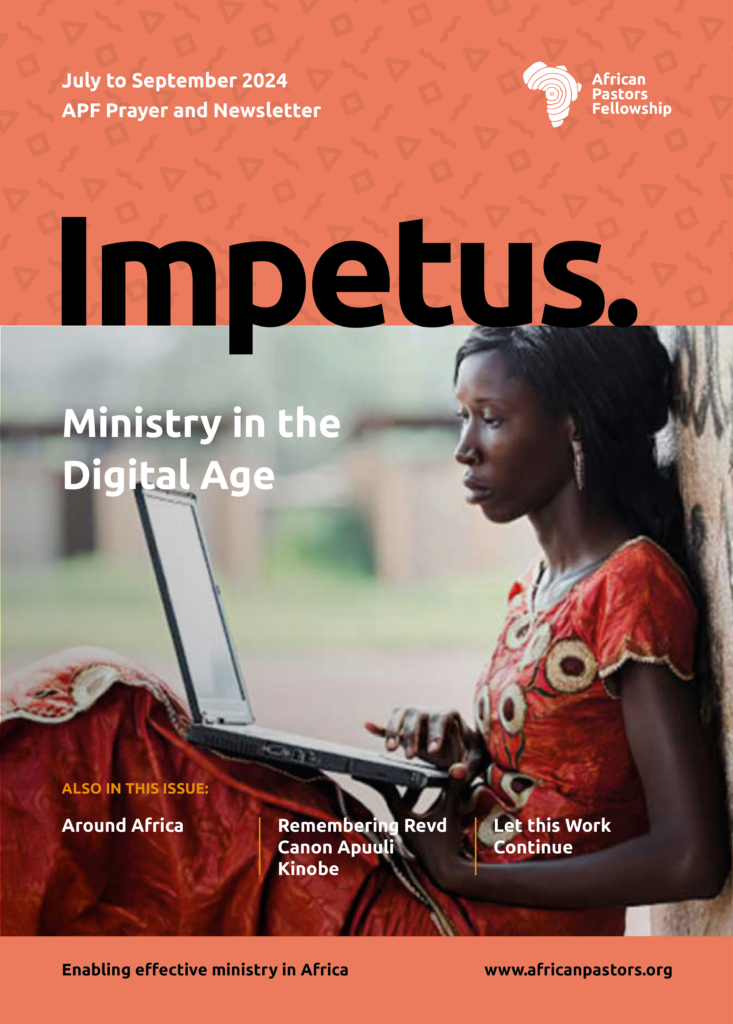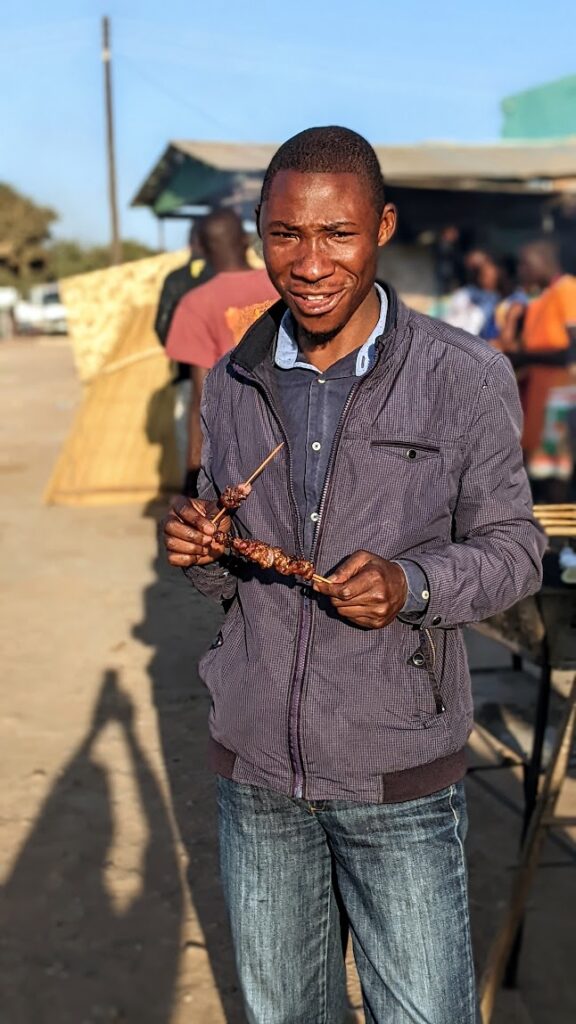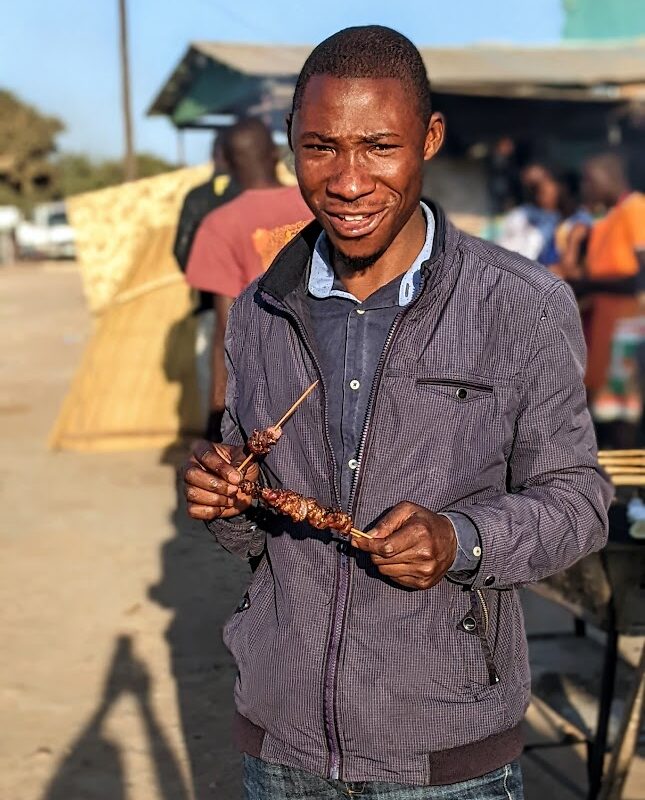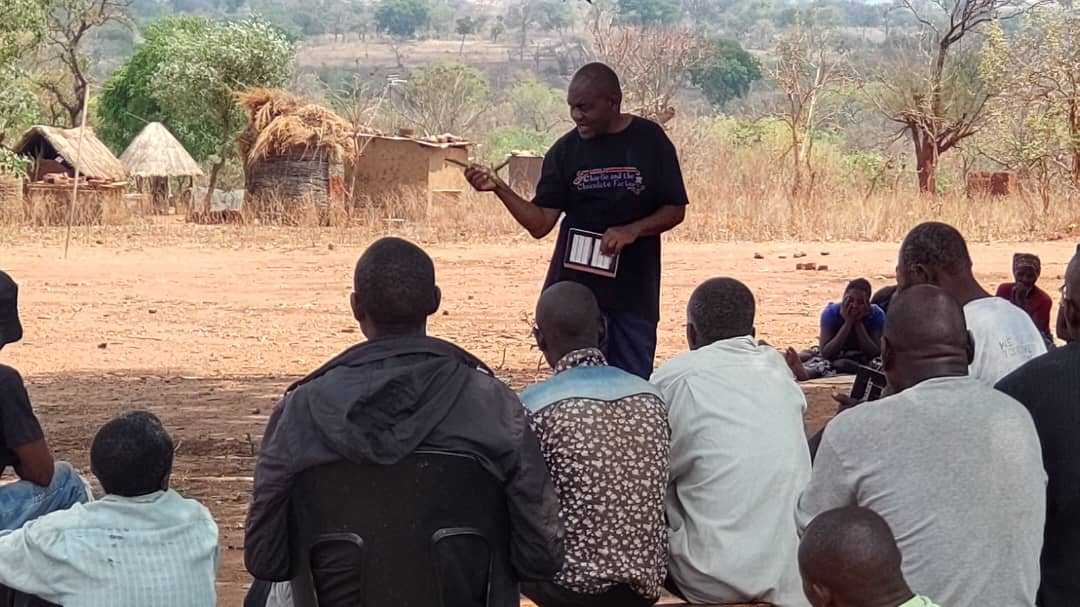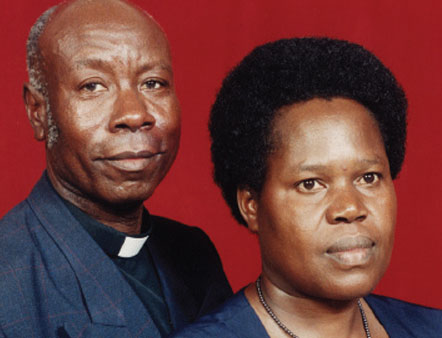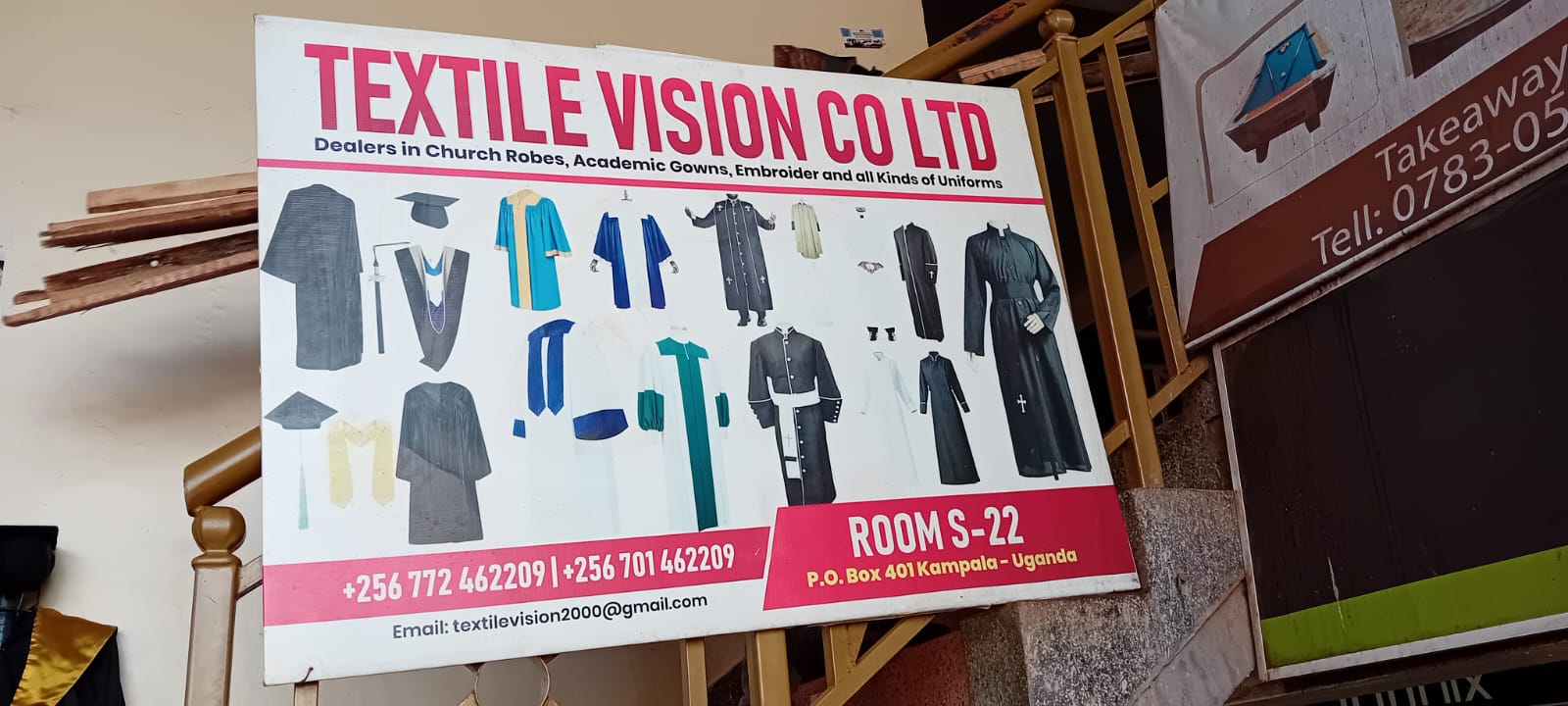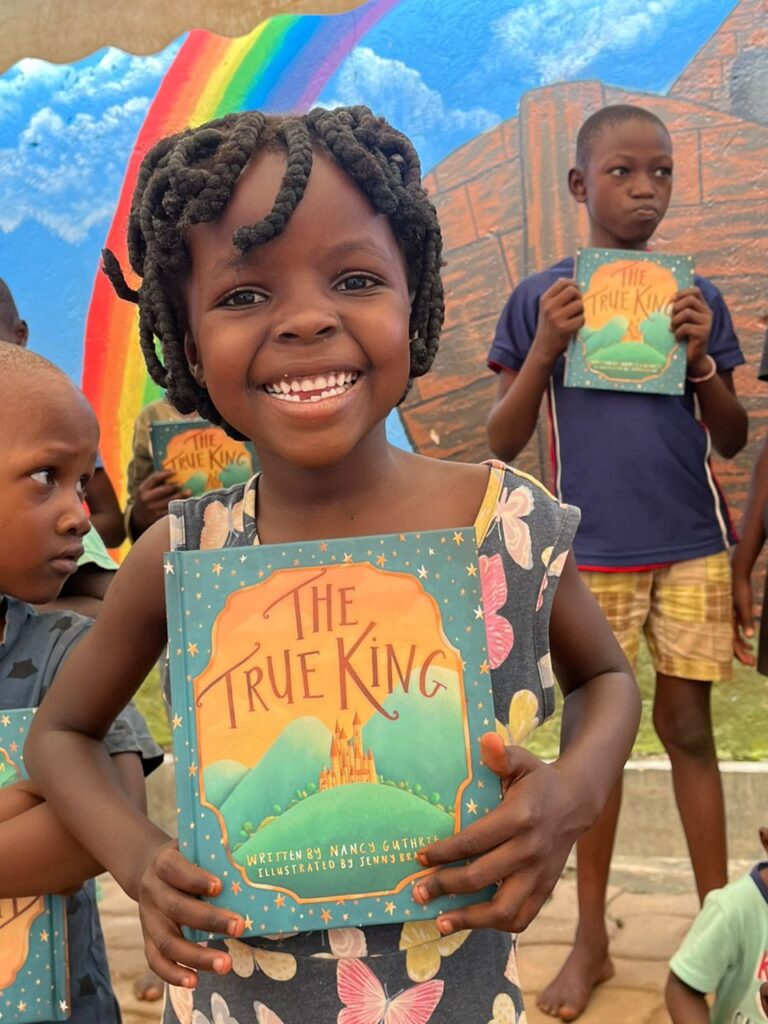
News from Liberia, South Sudan, Rwanda, Zambia, Uganda and Tanzania.
Liberia
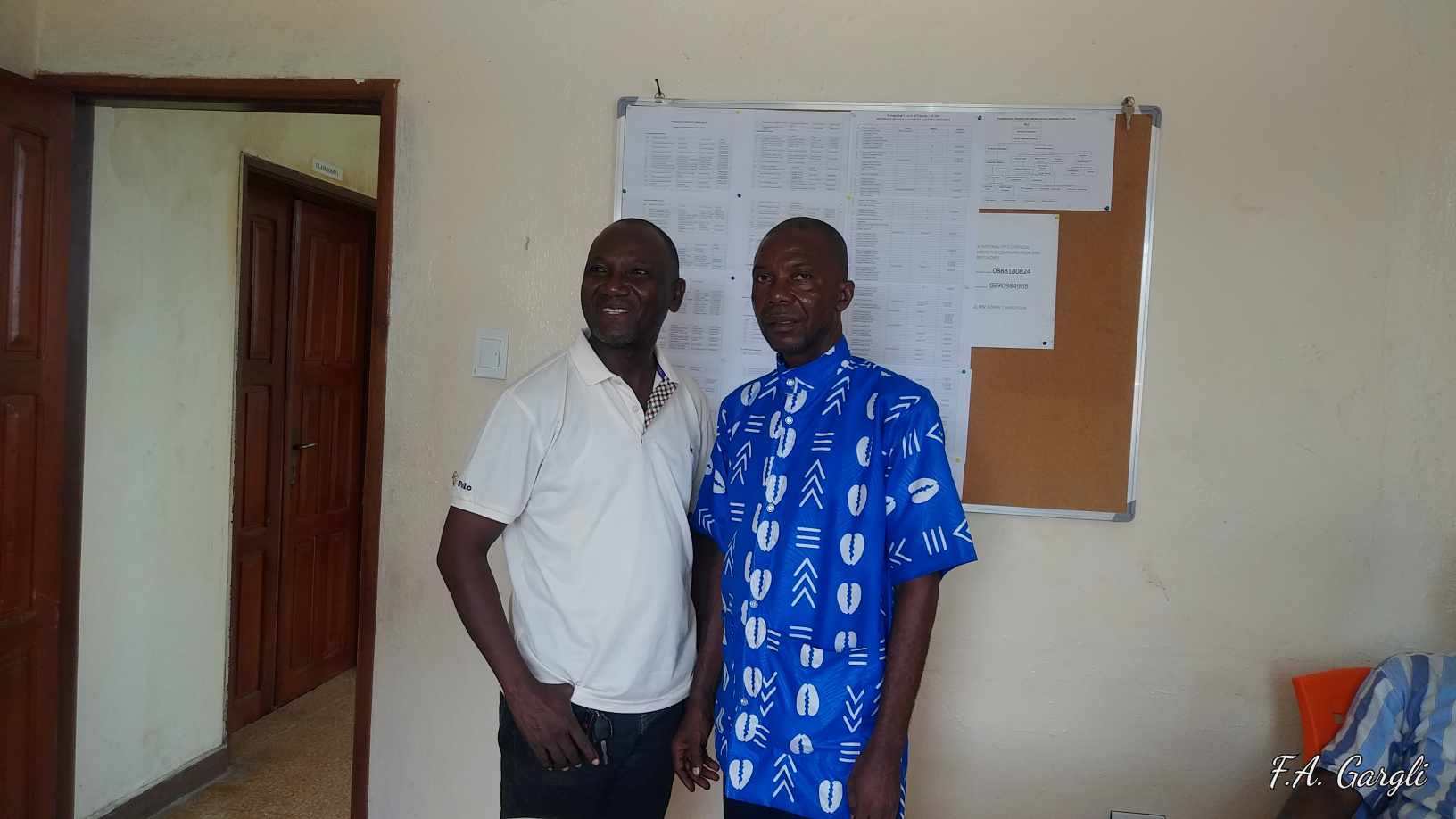
Revd Aberdeen Gargli (on left in photo above), Principal of the Evangelical Theological College of Liberia and Revd Clinton Gbawah, Legal Representative of the Evangelical Church Network of Liberia, met to talk about eVitabu at the college in Monrovia. The two men have been connected through their shared links with APF and eVitabu.
South Sudan

APF partner in South Sudan, Saints Revival Committee, distributed Bibles to pastors from over twenty denominations in rural Aweil South County with support from an APF local language Bible grant.
Tanzania
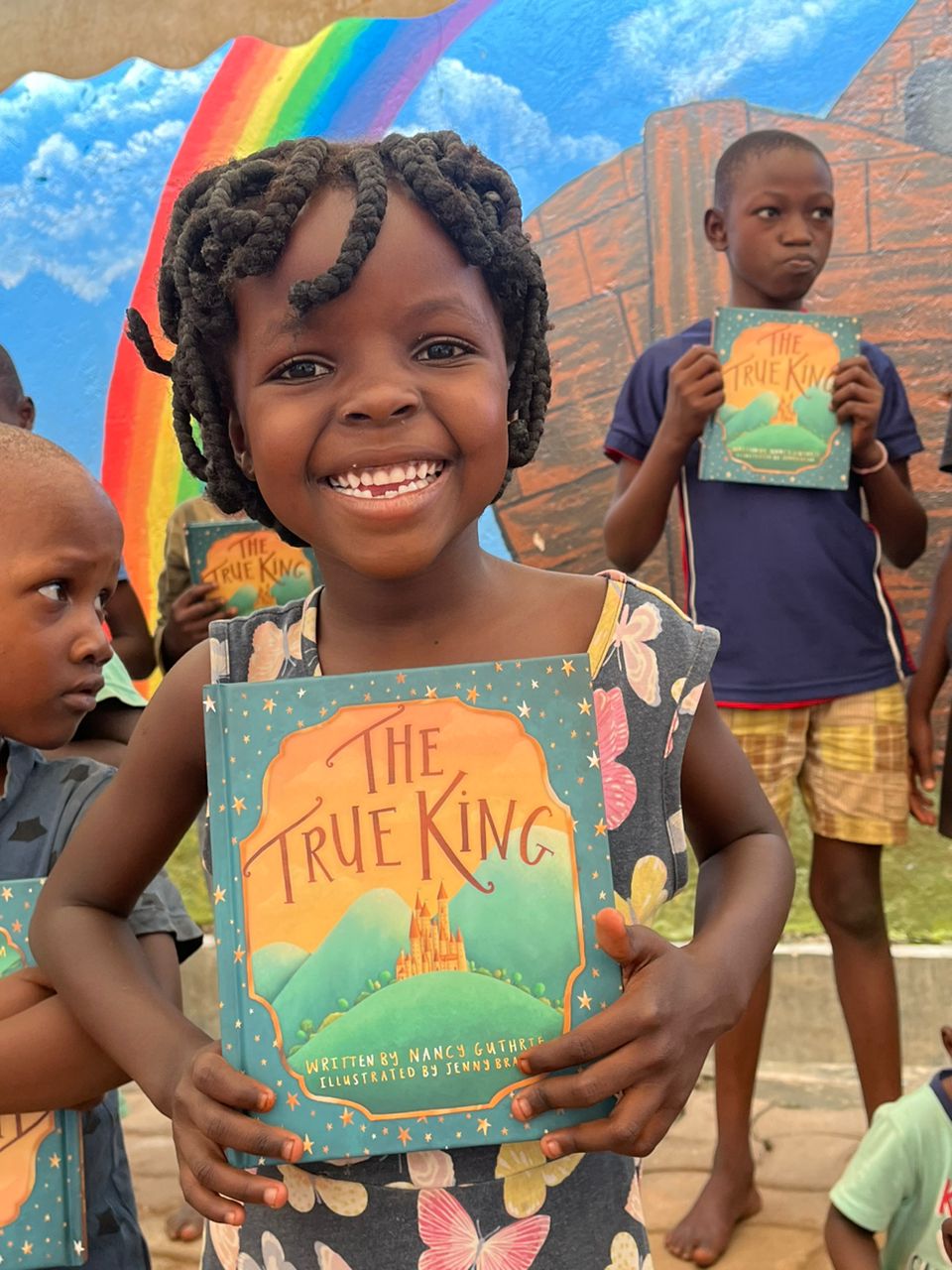
10Giving contacted APF recently wondering if we could help them distribute spare copies of the brilliant children’s book The True King by Nancy Guthrie and Jenny Brake. APF partners Love and Care for the Child Ministries, Faith Babies Home and Walubu Jude were able to distribute hundreds of copies to children in central Uganda. The book, written for children aged 3 to 7, is beautifully illustrated and introduces children to the big story of the Bible — the story of the True King who rules over his people in perfect goodness and a kingdom that will last forever.
Zambia
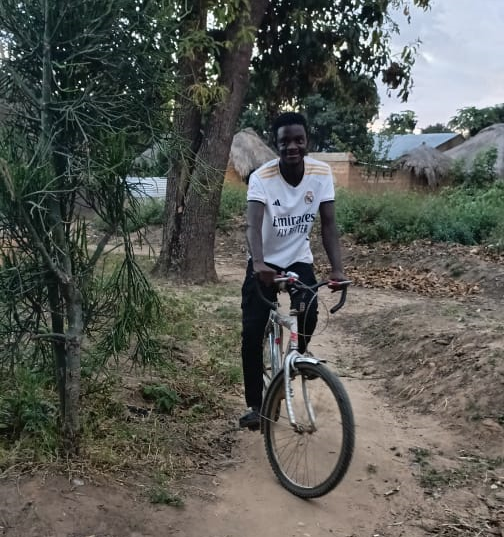
Bike grants were received by eight pastors in Zambia. Also, Lawson Limao from Word of God ministries received a grant to install solar lighting in the homes of pastors without access to electricity.
Uganda
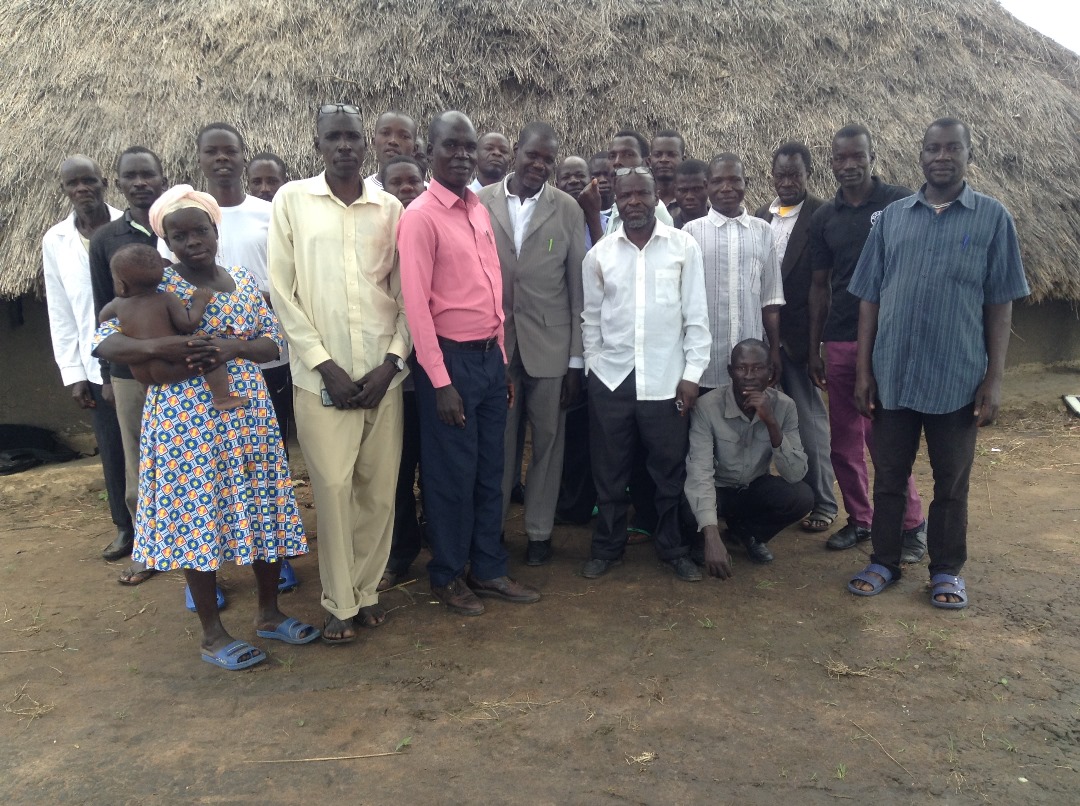
Revd Esomu Francis (in pink shirt)is pictured here with local pastors from Karamoja Region in northern Uganda. Francis is the founder and principal of Atirir Bible School in Teso Region. APF supports ABS trains pastors and church leaders in theology to certificate level, and also helps Francis travel to remote regions to run workshops with untrained rural leaders. Francis told us:
“These native pastors are an active and vibrant part of the ministry in Abim and Otuke Districts of Karamoja. They are pastoring rural churches, doing extensive evangelism outreach into unreached areas and planting churches to expand the Kingdom of God. Since these church leaders make their living through farming, many struggle to meet the financial needs of their families, theological education for themselves and fees for their children. Ministry travel expenses and food are also challenging factors.”
Kenya
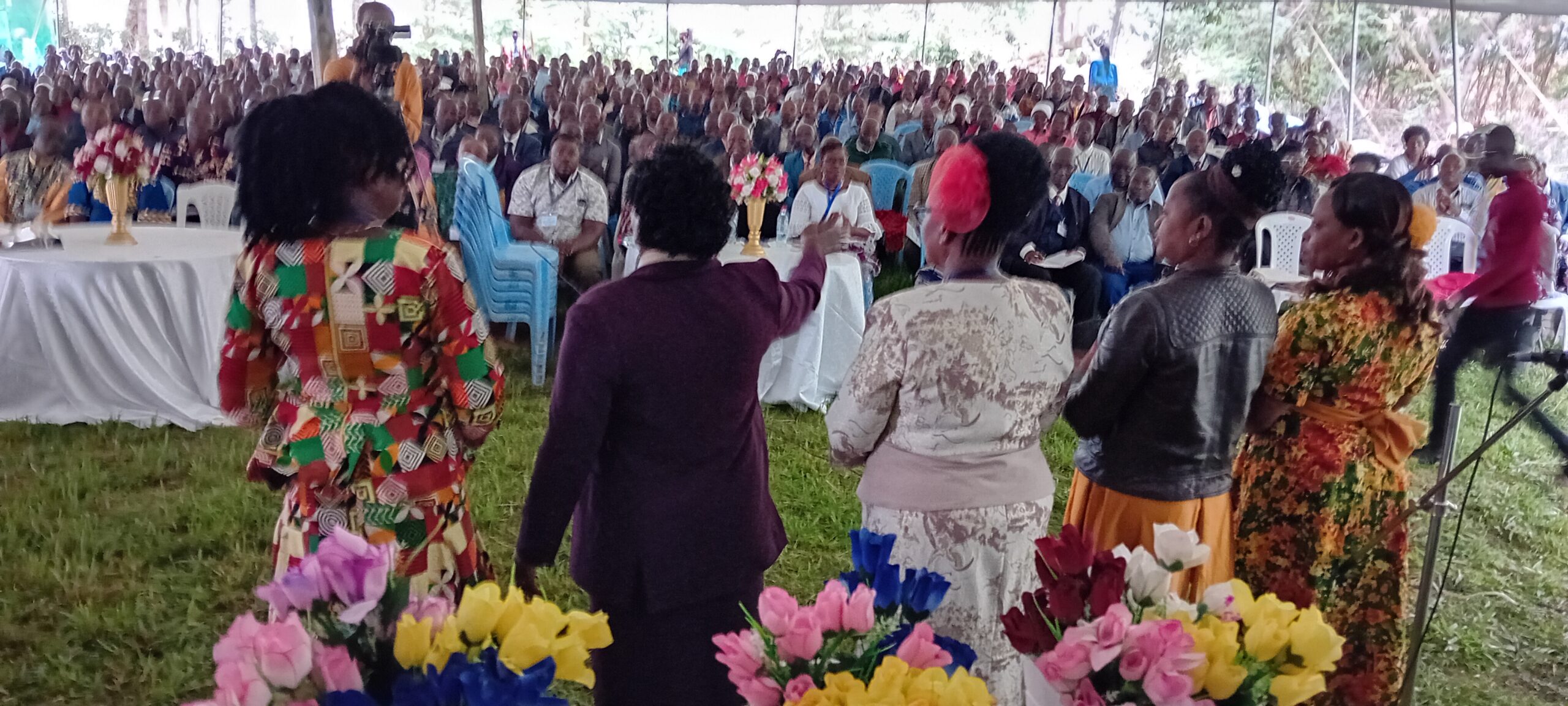
While Dave was in Kenya in April, he was invited to talk about eVitabu and Digital Theology at the Baptist Convention of Kenya’s general assembly. This is the denomination’s largest annual gathering where around 2,000 Baptist Christians come together.

